Description
The Art of Botany Mentor Training is highly recommended for anyone considering mentoring this course. Participants will get a full day’s training with the creator of the course, Juliet Bellinger. This comprehensive training will guide prospective mentors step-by-step through everything they need to know to have a fun, memorable, and successful class with their students. For mentors new to teaching these types of courses, attending the Mentoring Skills Class by Genevieve Arnold during the Art of Teaching weekend is recommended.
Date: Saturday, July 15, 2024
Time: 9 am-3 pm MST with a one-hour lunch break from 12-1
Location: Online
Training will include:
- The Art of Botany vision and overview
- Explanation of class materials and suggestions on specific art supplies for mentors and students
- In-depth explanation of the G.R.O.W. Project, the 10-step, year-long project all students (and mentors) are challenged to complete
- A full 1.5 hour simulation to see exactly how to conduct a class period
- How to plan out and prepare for your year of teaching
- Tips on teaching the botany portion of the class
- Tips on teaching the art potion of the class, including how to teach art when you aren’t an artist
- Fun and games-Keeping the students engaged and enthusiastic about the material
- Highlights from the pilot class I taught
- How to make the most of your class resources
- Question and Answer session
Before coming to training, mentors should:
- Purchase and familiarize one’s self with the mentor manual (Jot down any questions you may have, and bring them to our Q&A session.)
- Purchase Animal, Vegetable, Miracle, and come to training having read Chapter 1, “Called Home”
- Print out and complete the Chapter 1 “Vocabulary” and “Comprehension Questions” (sent in an email prior to training)
- Print out and bring to training “Anatomy of a Plant Stem” and “Food Log”
- Bring a pencil, ruler, eraser, and drawing paper to training
- Gather 2-3 packages of food from your house to analyze during our simulation. They can be packaged produce such as a carton of strawberries, a box of crackers, a loaf of bread, etc.
- For our simulation, bring a clear cup, a potato, toothpicks, a small cutting board, and a knife

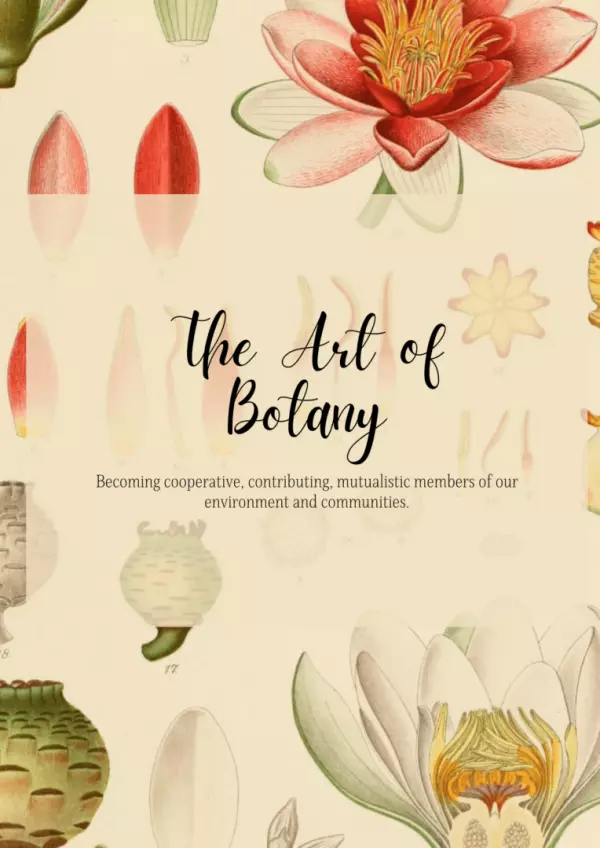


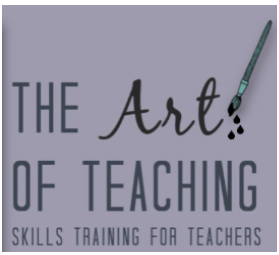

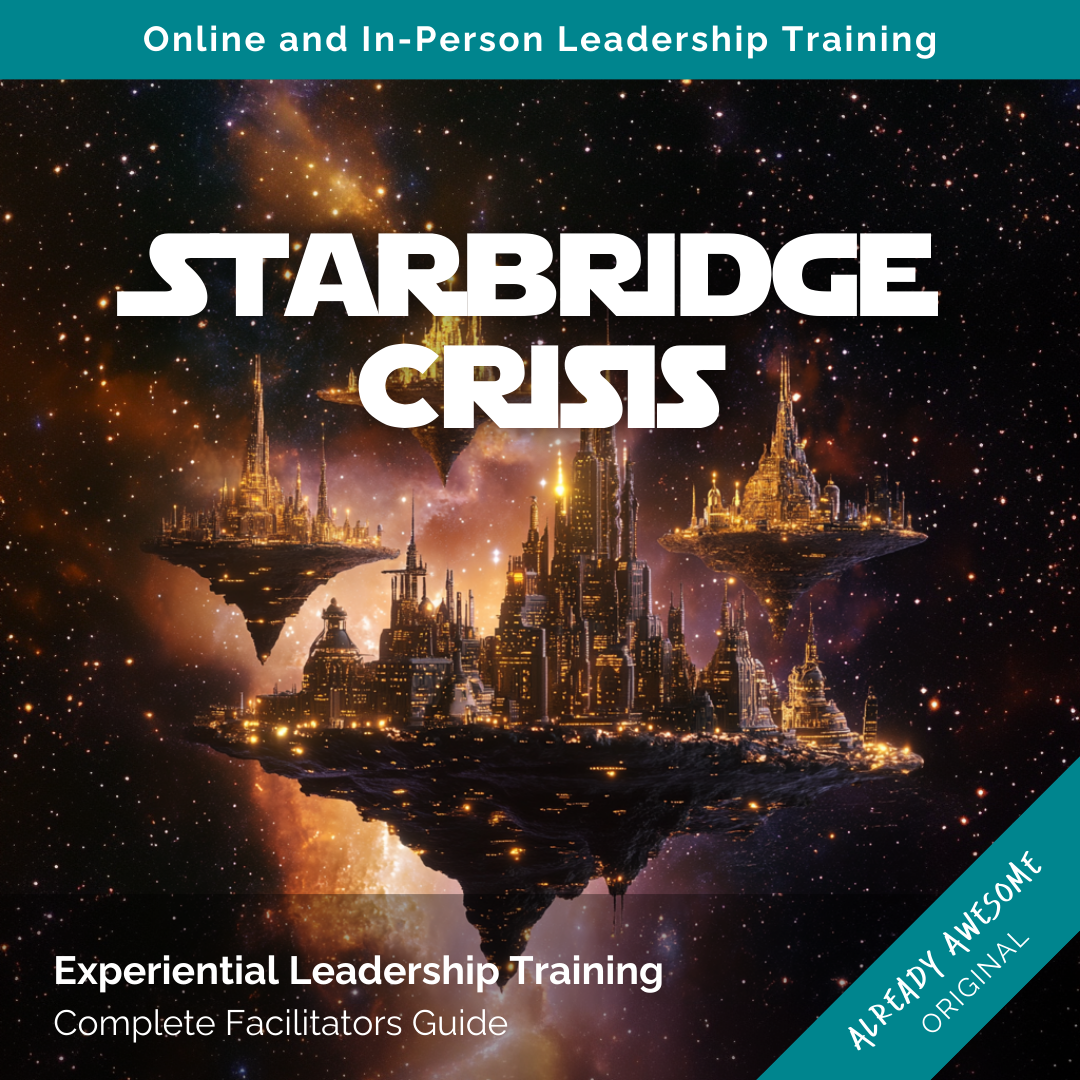
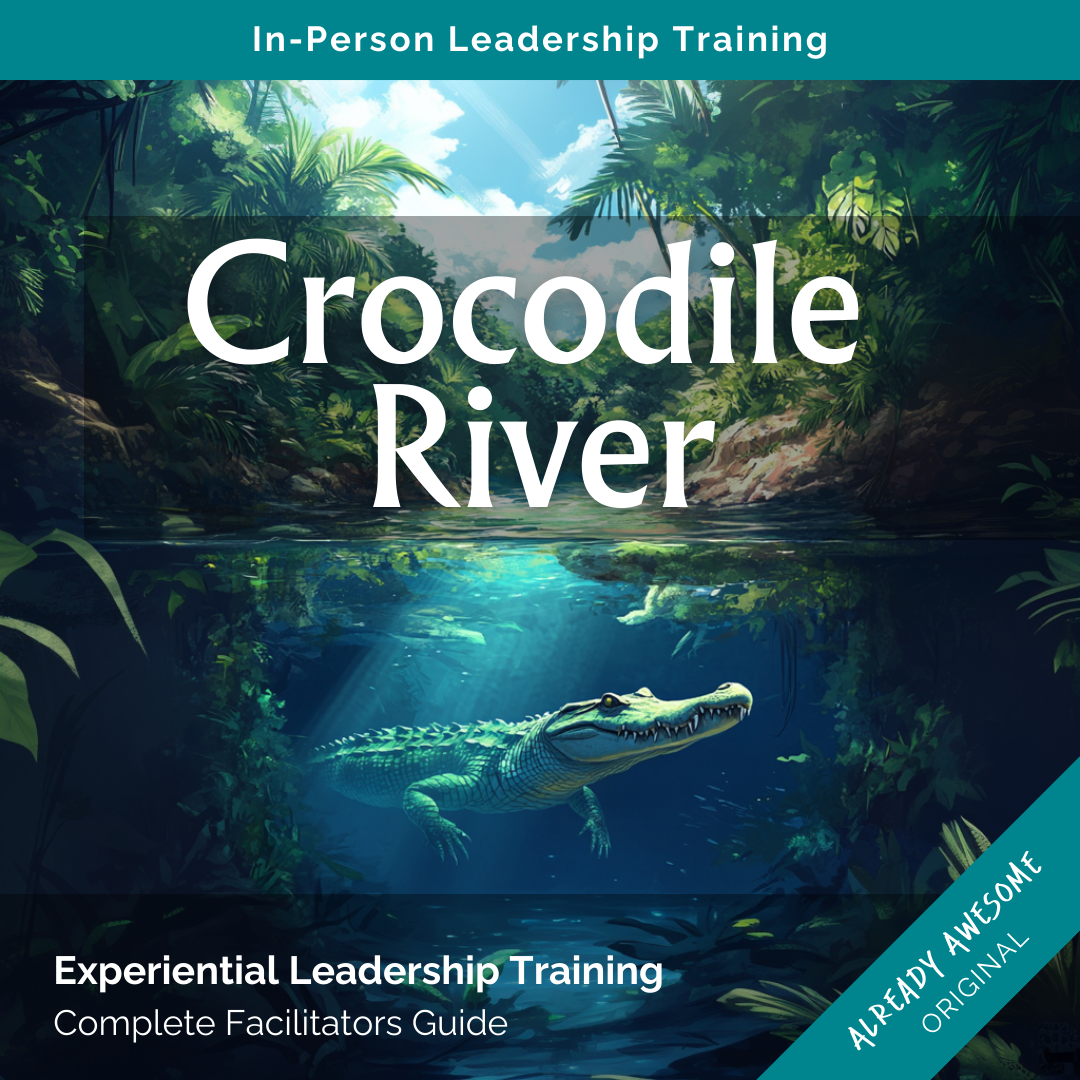
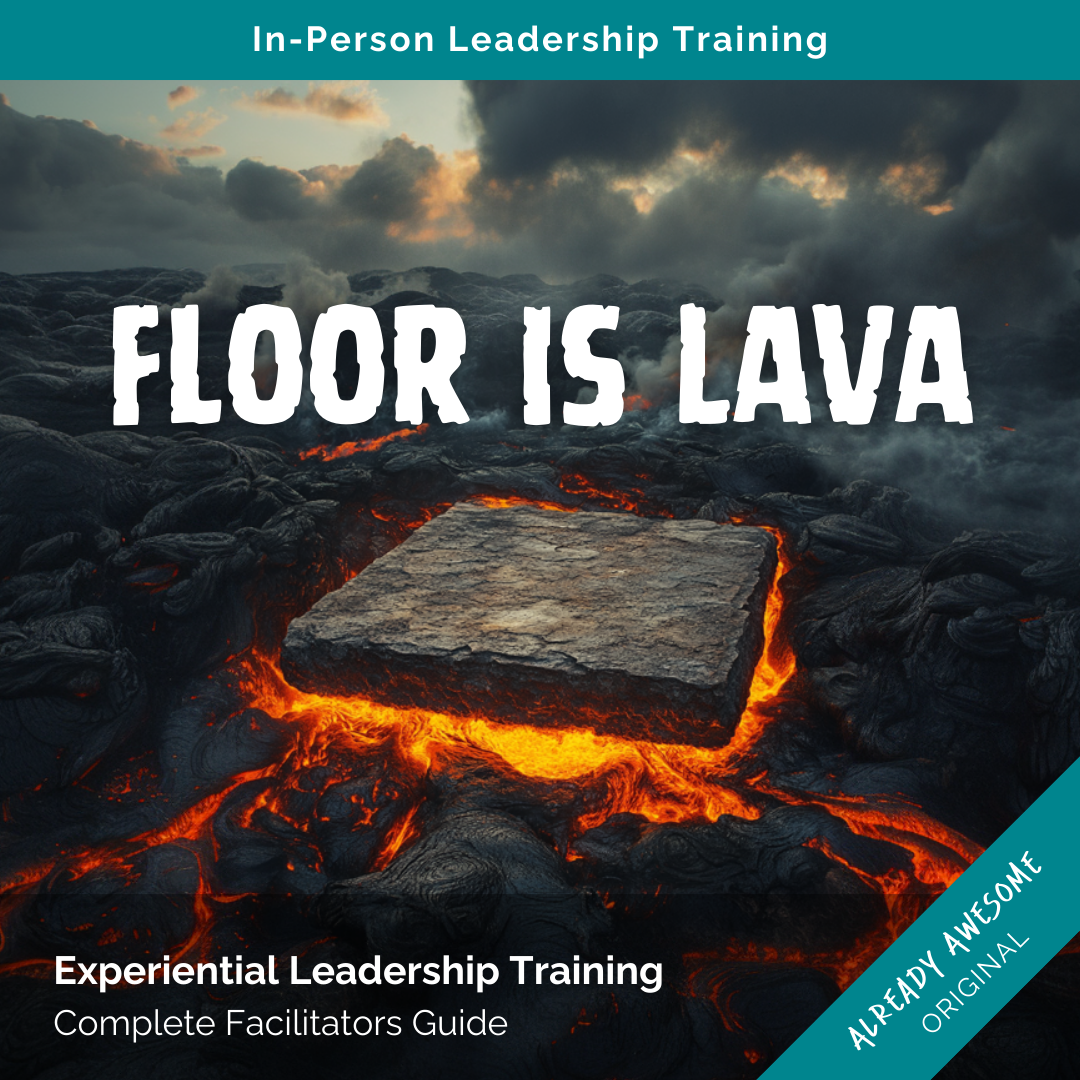
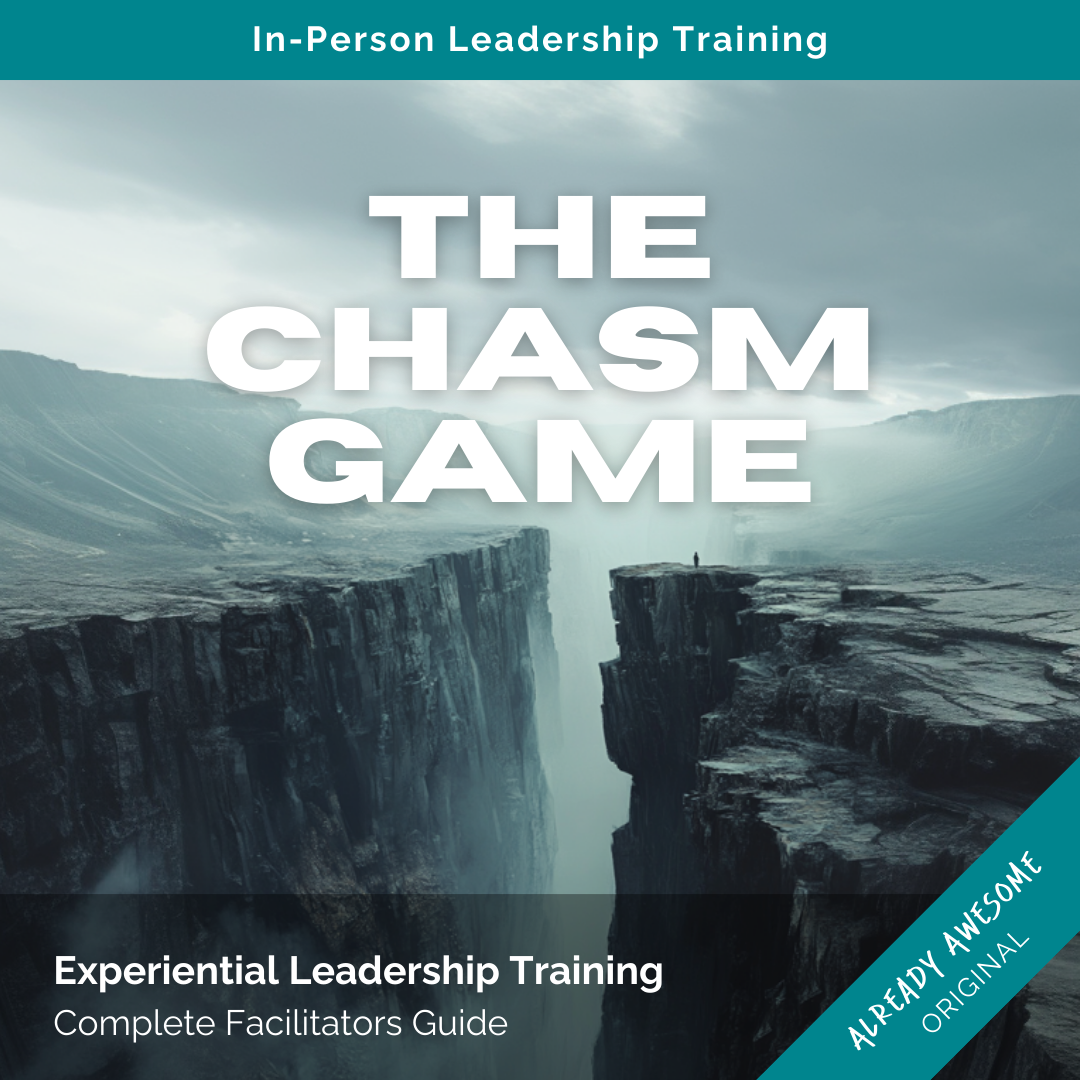
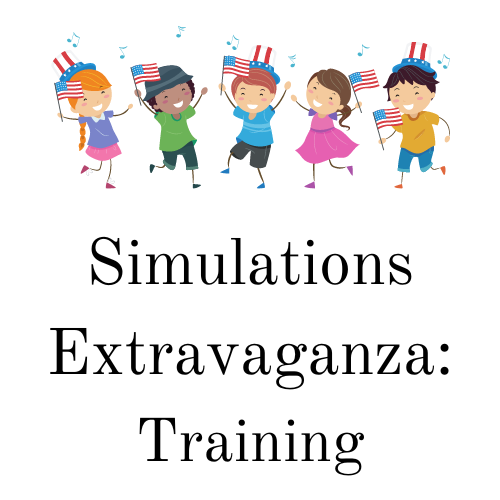
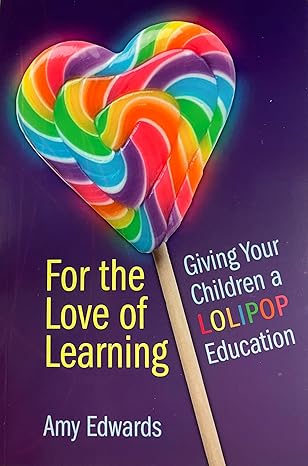
Reviews
There are no reviews yet.